Mozambique: Mondlane’s Anamola party registers over 64,000 members in ten days
Mozambican analysts advocate comprehensive debate on decentralisation
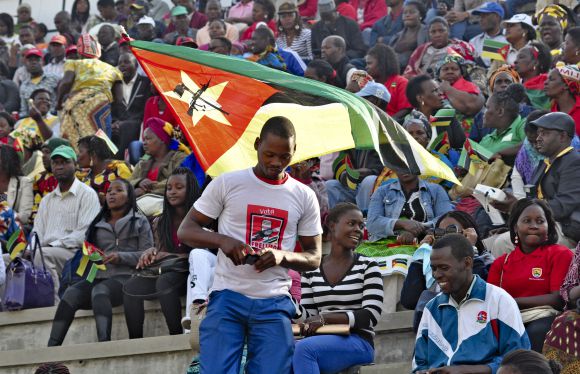
File photo
Frelimo has created a working group to address the decentralisation of power, calling it a process aimed at strengthening democracy in the country.
Announcing the team, president of Frelimo and the republic Filipe Nyusi said that it would discuss ways to enable the population to intervene more decisively in matters concerning their own well-being.
Decentralisation is apparently therefore now common ground within Frelimo, although its parliamentary group rejected a Renamo proposal on autonomous local provinces.
Analysts say the debate on decentralisation should be comprehensive, and enable a political accommodation between different political parties in line with the demands of Renamo on the appointment of provincial governors.
Political analyst Lazarus Mabunda advocates a broader discussion with the involvement of civil society, while parliamentarian José Manteigas said that Renamo’s decentralisation project “can solve in part the great misunderstandings the country labours under”.
Sociologist Francisco Matsinhe for his part believes that “if there is already decentralisation at the municipal level, it is possible to extend it to the provinces. The parties with the most votes in the provinces would form their own governments”.
However, legal experts say that will involve changes to the legal and institutional framework of the country.




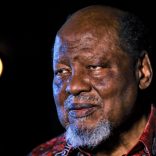
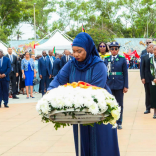
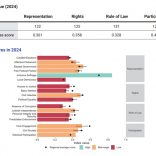
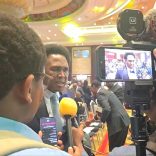




Leave a Reply
Be the First to Comment!
You must be logged in to post a comment.
You must be logged in to post a comment.